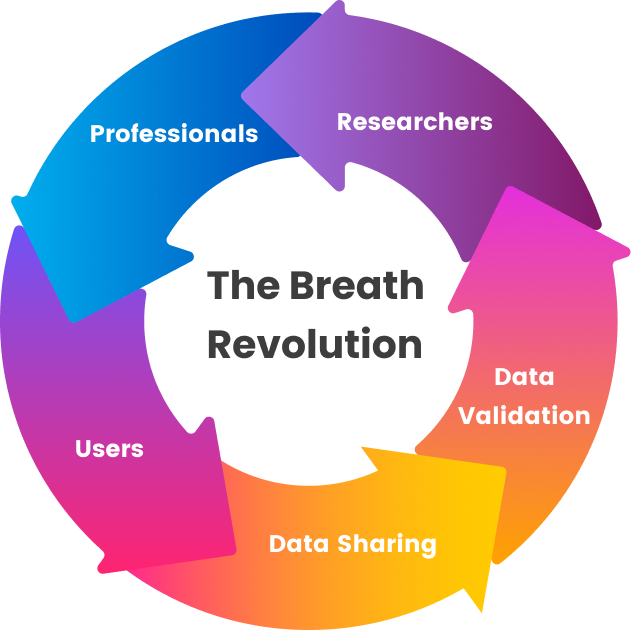
Join the Breath Revolution
As a token of our appreciation for your invaluable feedback and early adoption, we’re offering exclusive perks for your invaluable insights:
- Gain Exclusive Early Access
- Influence Development of App
- Access to a Supportive Community
- Early Bird Discounts
- Learning Resources
- Direct Line to the Development Team
- Beta Tester Badge






















